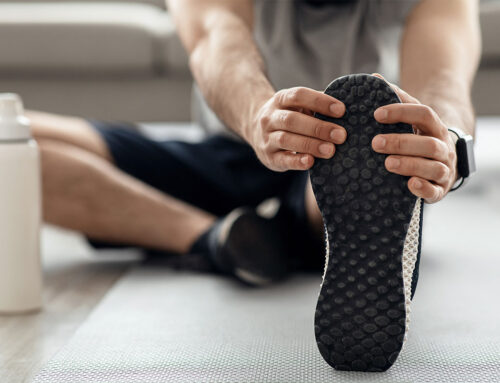Participation in sports and physical activities provides numerous benefits for young female athletes, from improved physical fitness to enhanced self-confidence. However, it’s crucial to address the unique risk factors that can predispose them to certain injuries, particularly knee injuries like ACL tears. Implementing preventive knee programs can significantly reduce the incidence of these injuries and promote long-term athletic success. In this blog post, we will explore the importance of preventive knee programs for young female athletes and the key components that contribute to their effectiveness.
Understanding the Risk Factors
Young female athletes, especially those involved in sports like soccer, basketball, and gymnastics, face a higher risk of sustaining knee injuries compared to their male counterparts. This increased vulnerability can be attributed to several factors, including anatomical differences, hormonal fluctuations, neuromuscular imbalances, and biomechanical issues.
The Role of Preventive Knee Programs
Preventive knee programs, often referred to as injury prevention or neuromuscular training programs, aim to address these risk factors and reduce the occurrence of knee injuries. These programs typically involve a combination of exercises, drills, and educational components designed to enhance strength, coordination, balance, and proper movement patterns. By focusing on neuromuscular control and core stability, preventive knee programs help athletes develop efficient movement strategies and protect their knees from injury.
Key Components of Effective Preventive Knee Programs
- Dynamic Warm-Up Routines: A dynamic warm-up routine is a crucial component of any preventive knee program. It involves performing exercises that mimic the movements and demands of the sport while focusing on proper form, balance, and neuromuscular control. Dynamic warm-ups increase blood flow, activate muscles, and prepare the body for the specific movements it will encounter during the activity.
- Strength and Conditioning: Strength training exercises that target the lower body, including the hips, quadriceps, hamstrings, and glutes, are essential for preventing knee injuries. Building muscular strength and endurance around the knee joint provides stability, reduces stress on ligaments, and improves overall performance. A comprehensive preventive knee program should include exercises that address both concentric and eccentric muscle contractions.
- Plyometric and Agility Training: Plyometric exercises and agility drills are vital for improving power, speed, and reaction time while also enhancing neuromuscular control. These exercises involve jumping, hopping, cutting, and landing techniques, which help athletes develop proper landing mechanics, absorb forces effectively, and reduce the risk of non-contact knee injuries.
- Balance and Proprioception Training: Balance and proprioception exercises focus on improving body awareness, stability, and control. By challenging athletes’ balance through various static and dynamic exercises, these drills enhance their ability to maintain proper alignment and recover from perturbations or unexpected movements, reducing the risk of knee injuries.
- Education and Injury Prevention Strategies: Educating young female athletes about the risks associated with knee injuries, proper nutrition, adequate recovery, and self-care strategies is crucial for long-term injury prevention. Athletes should be aware of the importance of maintaining good form, recognizing fatigue, and reporting any pain or discomfort to their coaches or medical professionals promptly.
Preventive knee programs play a vital role in safeguarding the health and well-being of young female athletes. By addressing the unique risk factors they face, these programs empower athletes to reduce the incidence of knee injuries and enhance their overall athletic performance. Through dynamic warm-ups, strength and conditioning exercises, plyometric and agility training, balance and proprioception drills, and educational components, athletes can develop the necessary skills and strategies to protect their knees and thrive in their chosen sports. Implementing a comprehensive preventive knee program not only promotes injury prevention but also empowers young female athletes to reach their full potential in a safe and supportive athletic environment.




